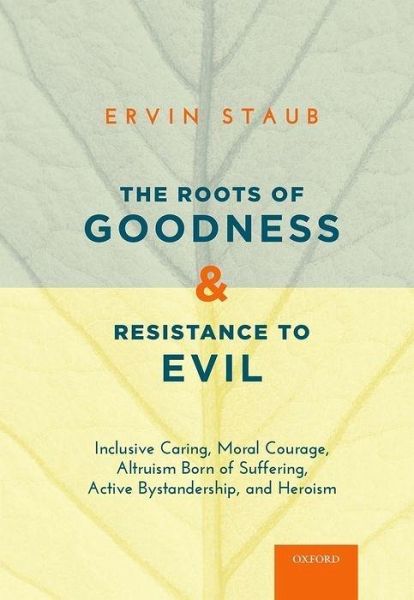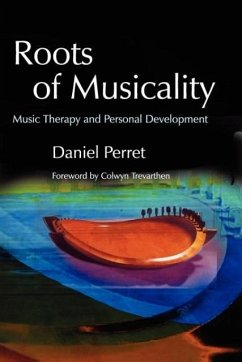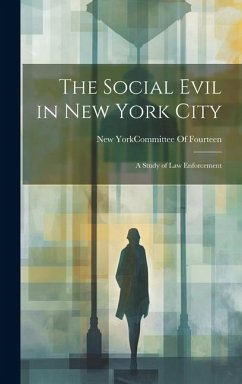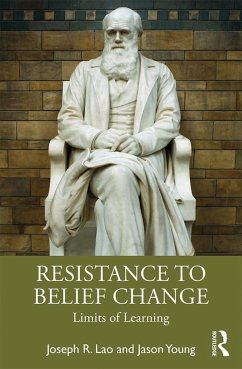
Roots of Goodness and Resistance to Evil
Inclusive Caring, Moral Courage, Altruism Born of Suffering, Active Bystandership, and Heroism
Versandkostenfrei!
Versandfertig in 1-2 Wochen
59,99 €
inkl. MwSt.

PAYBACK Punkte
30 °P sammeln!
In The Roots of Goodness and Resistance to Evil, Ervin Staub draws on his extensive experiences in scholarship and intervention to illuminate the socializing experiences, education, and trainings that lead children and adults to become helpers/active bystanders and rescuers, acting to prevent violence and create peaceful and harmonious societies. The book collects Staub's most important and influential articles and essays in the field, compiling a variety of examples of helping behaviors as well as discussions of why we should help and not harm others. He addresses a wide range of such behavio...
In The Roots of Goodness and Resistance to Evil, Ervin Staub draws on his extensive experiences in scholarship and intervention to illuminate the socializing experiences, education, and trainings that lead children and adults to become helpers/active bystanders and rescuers, acting to prevent violence and create peaceful and harmonious societies. The book collects Staub's most important and influential articles and essays in the field, compiling a variety of examples of helping behaviors as well as discussions of why we should help and not harm others. He addresses a wide range of such behaviors, from helping people in everyday physical or psychological distress, to active bystandership in response to harmful actions by youth toward their peers (bullying), to endangering one's life to save someone in immediate danger, or rescuing intended victims of genocide.





![Eternal Echoes [ZLS Edition]: Erich Neumann's Timeless Relevance to Consciousness, Creativity, and Evil Cover Eternal Echoes [ZLS Edition]: Erich Neumann's Timeless Relevance to Consciousness, Creativity, and Evil](https://bilder.buecher.de/produkte/68/68967/68967173n.jpg)






